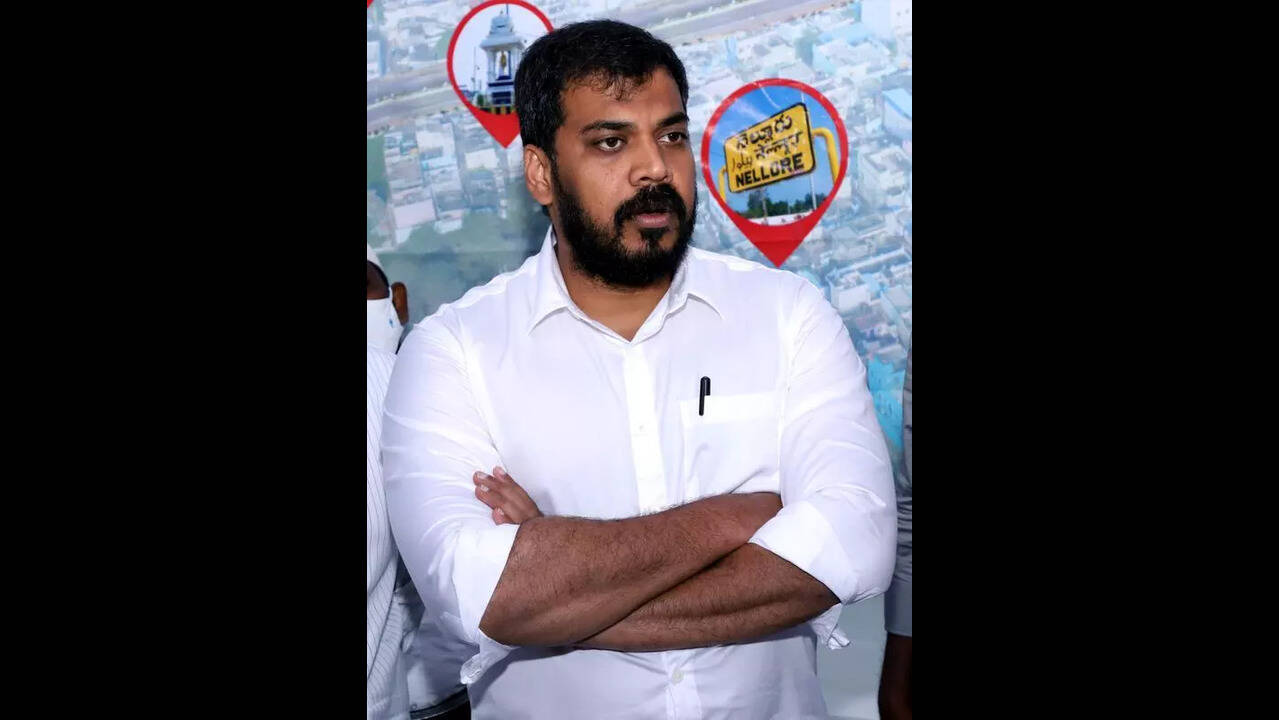Quartz mining: TDP, YSRCP trade accusations over monopoly in mining in Nellore district
Business & EconomyPosted by AI on 2025-09-05 23:34:45 | Last Updated by AI on 2026-02-05 09:55:55
Share: Facebook | Twitter | Whatsapp | Linkedin Visits: 15

The Telugu Desam Party (TDP) and Yuvajana Shramika Rythu Congress Party (YSRCP) have traded accusations of monopolizing the quartz mining industry in the Nellore district of Andhra Pradesh, thereby leaving the citizens, the state, and the economy at the mercy of a few private entities.
The TDP alleged that the YSRCP had rigged the mining process to allot acres of land in the district to a few people close to the party. It further claimed that the YSRCP had deflected attention from the issue by hauling away tons of raw quartz from the mines and not delivering it to the government-authorized refining center. The TDP accused the YSRCP of benefitting their close connections in the mining industry and called for a thorough investigation into the issue.
The YSRCP has rejected the charges and accused the TDP of attempting to divert public attention from its mismanagement of the economy and mining sector during its rule. The YSRCP also alleged that the TDP was trying to undermine the efforts taken to restructure the state's mining industry by practicing false propaganda.
The allegation and counter-allegation from both parties have sparked a new debate on the transparency of the quartz mining industry in the state and who it really benefits.
Only time will tell whether this controversy will result in meaningful change and if these accusations will bring about a more responsible and beneficial mining process for all involved.
Statements from relevant parties and community members emphasize the need for prompt action to ensure the mining industry's equitable and sustainable growth.
This developing narrative will undoubtedly continue to make headlines as more facts surface. A shift in public opinion and formal inquiries may be the outcome if the allegations are substantiated, paving the way for possible investigations and reforms.
This could be a watershed moment in India's mining industry and a test of the government's willingness to address and rectify questionable practices in the sector.
Search
Categories
Recent News
- Manipur's New Government: A Swift Assembly Session
- Adani's Smart Meter Milestone: Powering India's Digital Energy Revolution
- Sabarimala Heist: Key Suspect Walks Free, Justice Delayed
- Supreme Court Orders West Bengal to Resolve Pending Dearness Allowance Dispute
- Justice Delayed: Elderly Man Finally Acquitted After Decades of Legal Battle
- Bengaluru's Power Outage: A Planned Disruption
- iPhone Users' Wi-Fi Woes: iOS 26.2.1 Update Backfires
- Nellore Rallies for Cancer Awareness on World Cancer Day
Popular News
- Navigating IPO Market Dynamics Amid Volatility and Regulatory Changes
- Massive Worldwide Microsoft Outage Disrupts Multiple Sectors
- Panjapur Bus Stand to Reshape TNSTC Routes
- తెలుగుదేశం పార్టీ - పేదరికాన్ని నిర్మూలించడంలో వాగ్దానం
- Universities Embrace Remote Learning Technologies Amidst Ongoing Pandemic